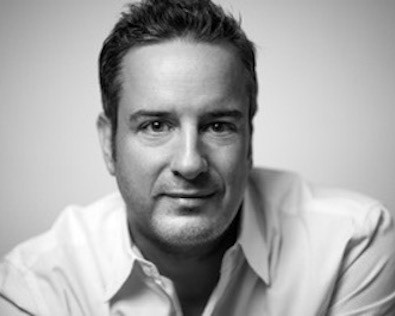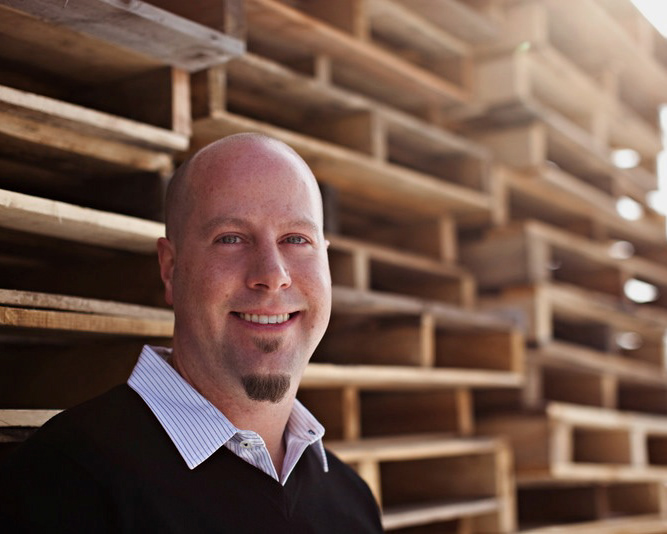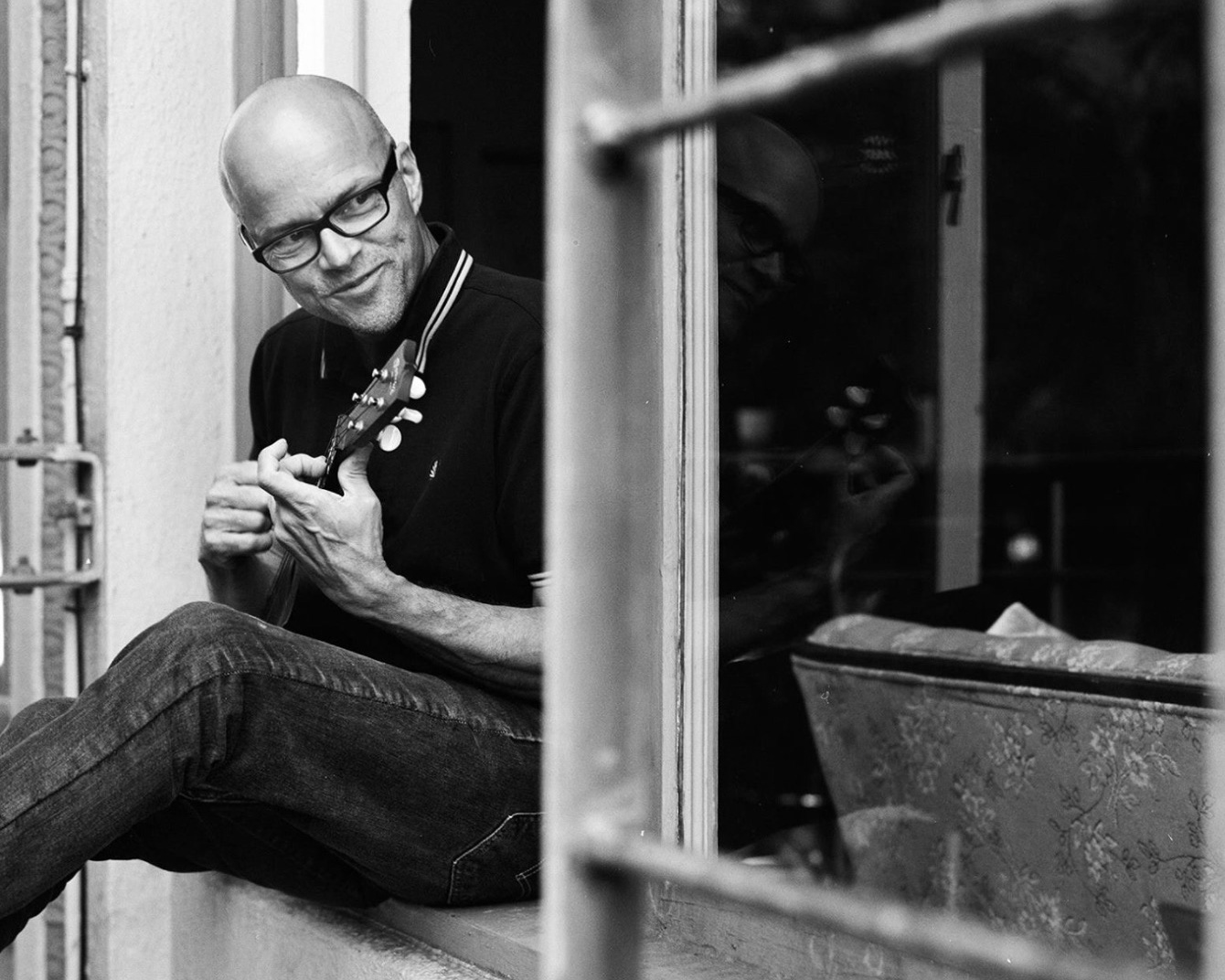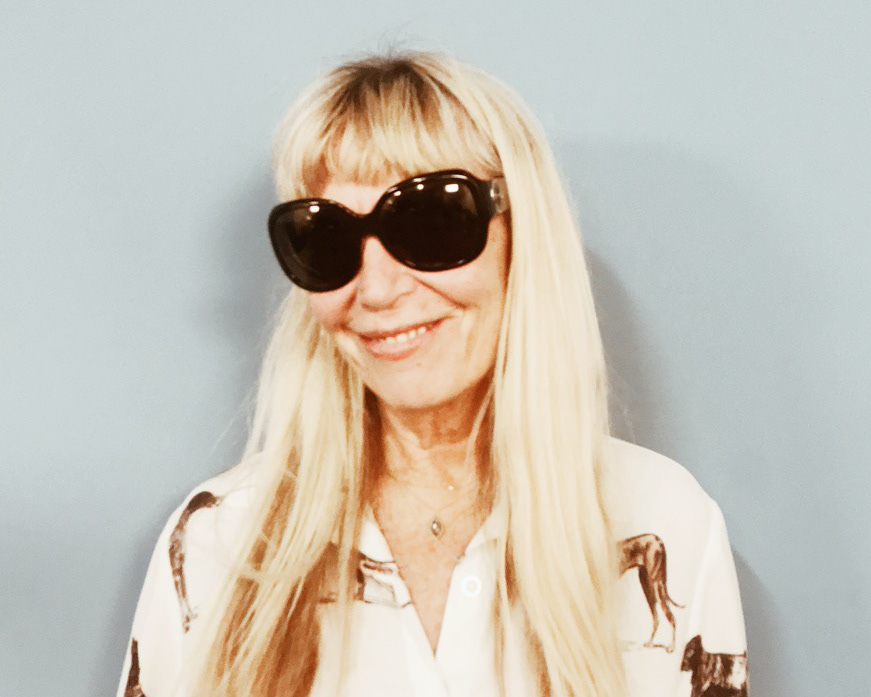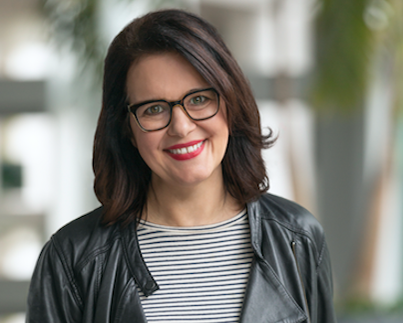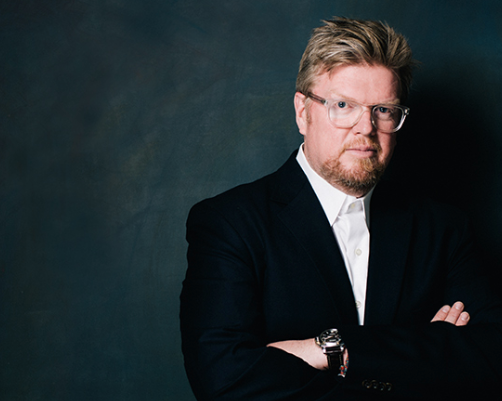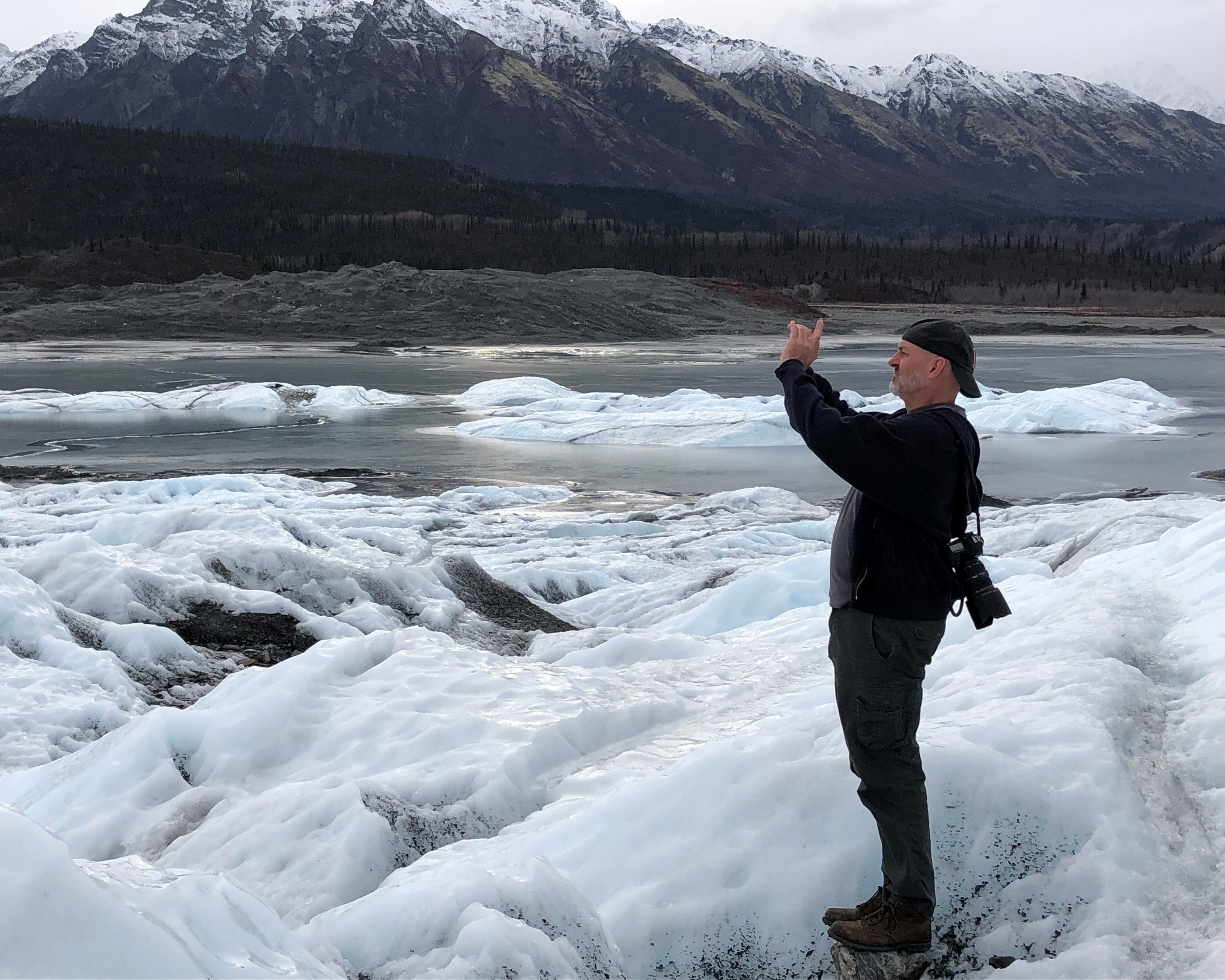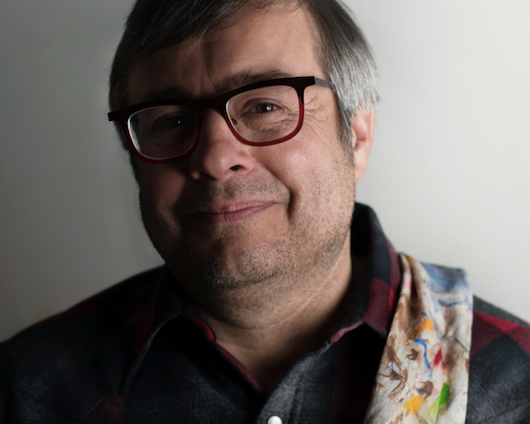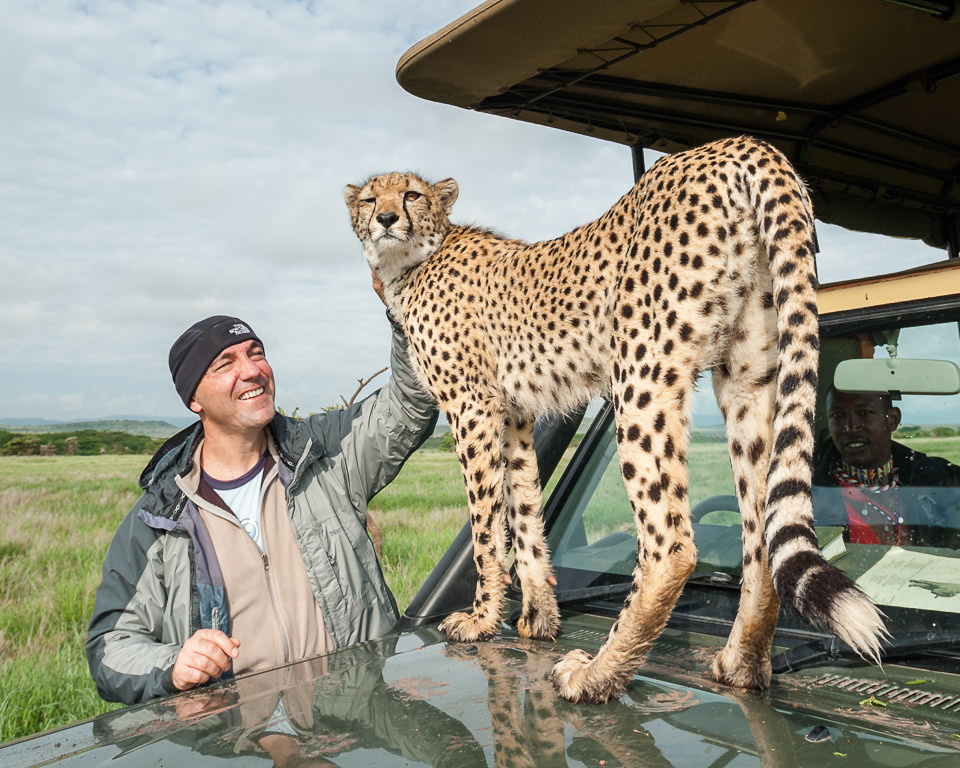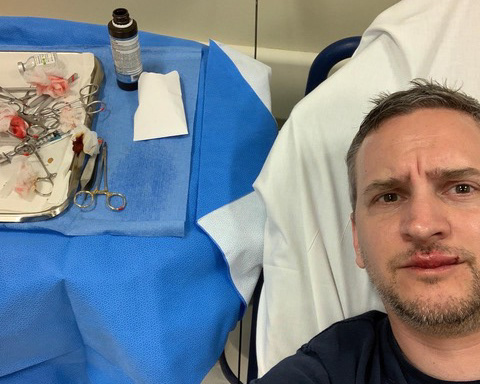Long copy isn’t something we see a whole lot of in these days of the 6-second ad, but in its heyday, Luke Sullivan was a long copy god and every single junior copywriter reading his work was his devoted follower. Of course, Luke didn’t always need to use to a lot of words, he only needed speak the truth. And the truth according to Luke was riveting, soul grasping, and often pretty darn funny.
Luke’s advertising career began at a little Minneapolis shop called Bozell & Jacobs. He was lucky enough to have, as his first two mentors, Tom McElligott and Ron Anderson. His second chapter was as a copywriter at another then-small agency in Richmond, Virginia, The Martin Agency, where he credits the legendary Mike Hughes as a formative mentor in life. His 33-year journey in the industry ended with eight happy years at GSD&M in Austin, Texas.
Along the way, Luke wrote a well-regarded advertising book, Hey Whipple, Squeeze This: The Classic Guide to Creating Great Advertising, now in its fifth edition worldwide. And today, he is a professor of advertising at the Savannah College of Art and Design.
When he’s not helping to shape the next generation of creative minds, Luke "enjoys the indoors" and likes to "spend a lot of [his] time there.”
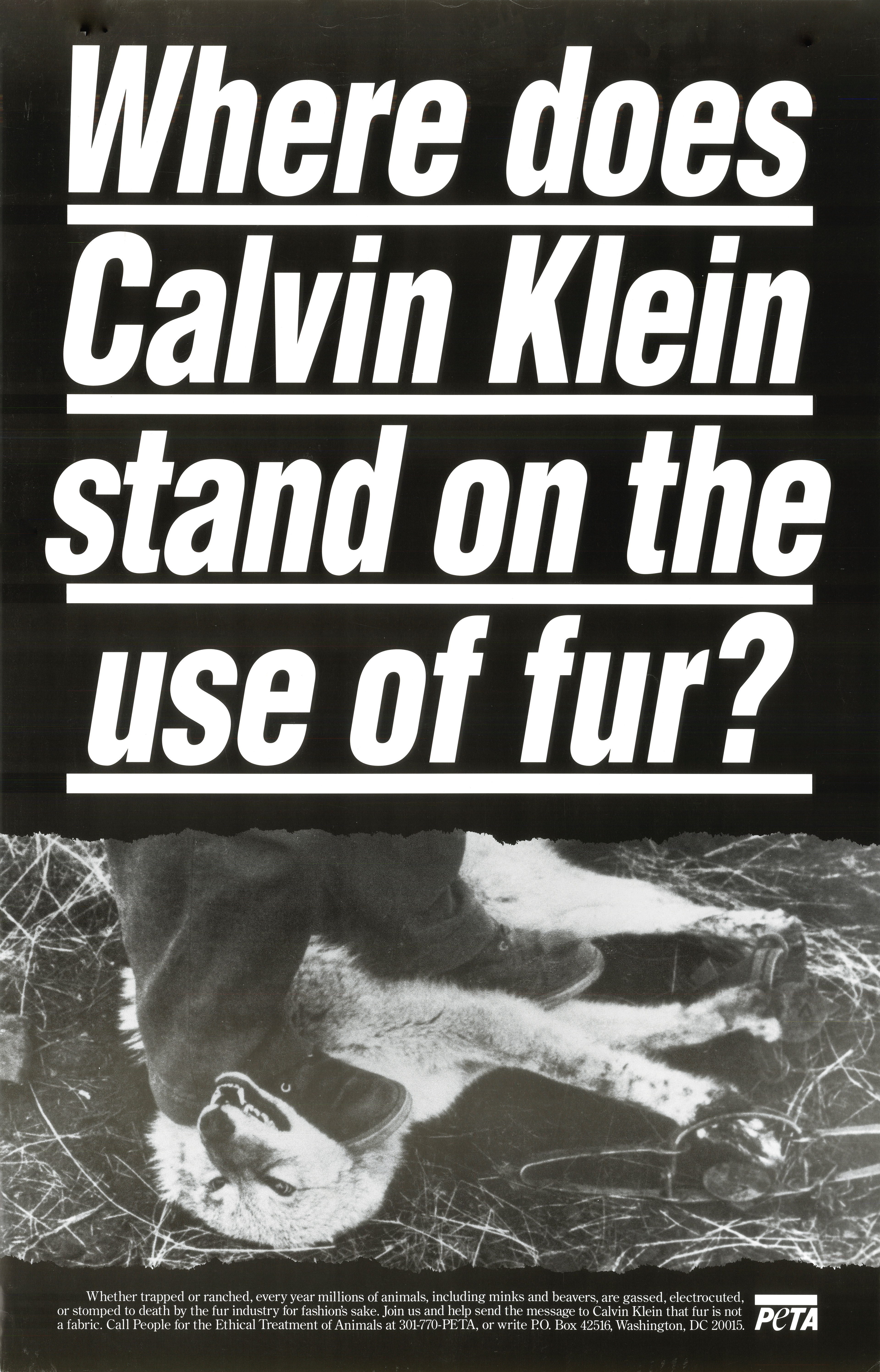
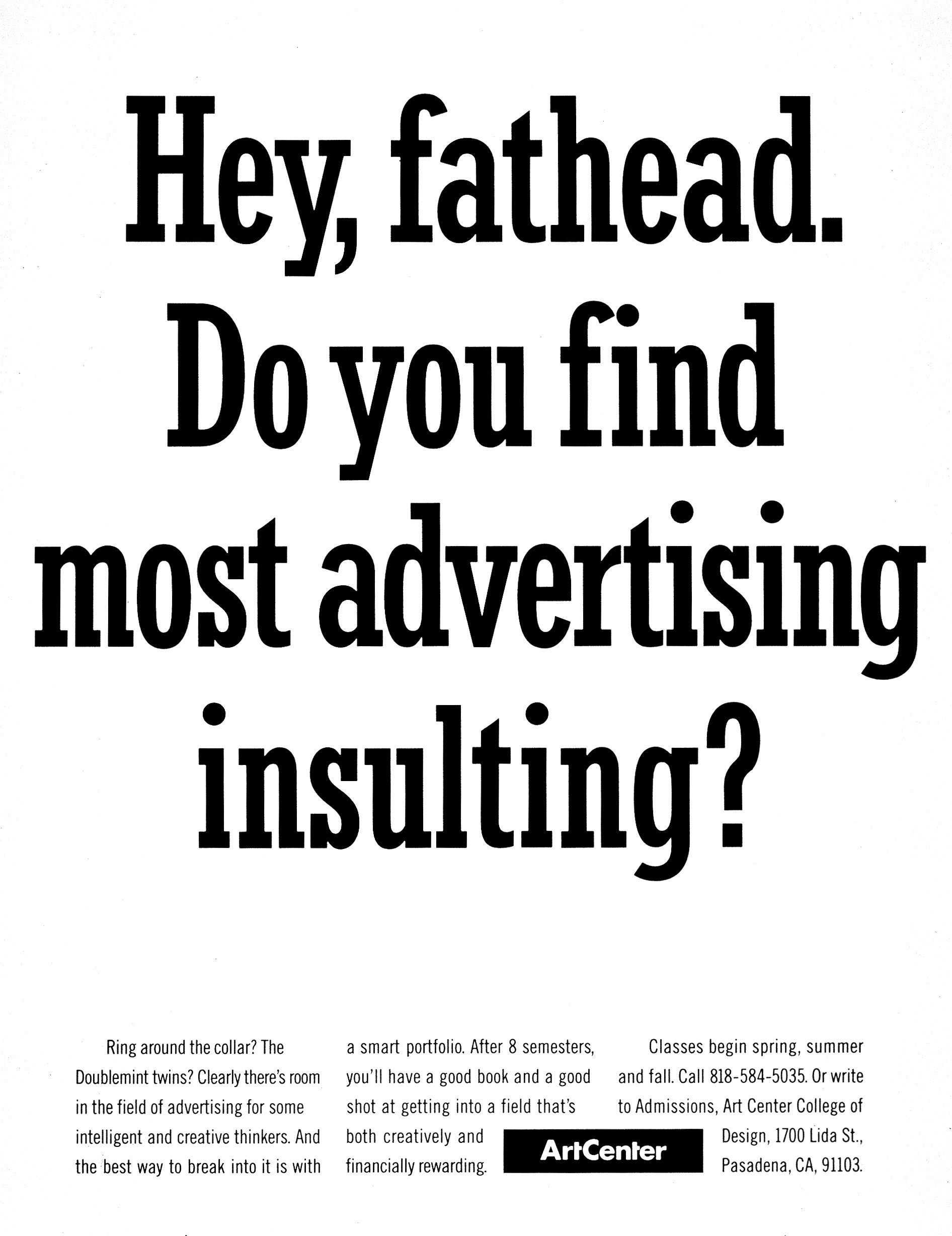
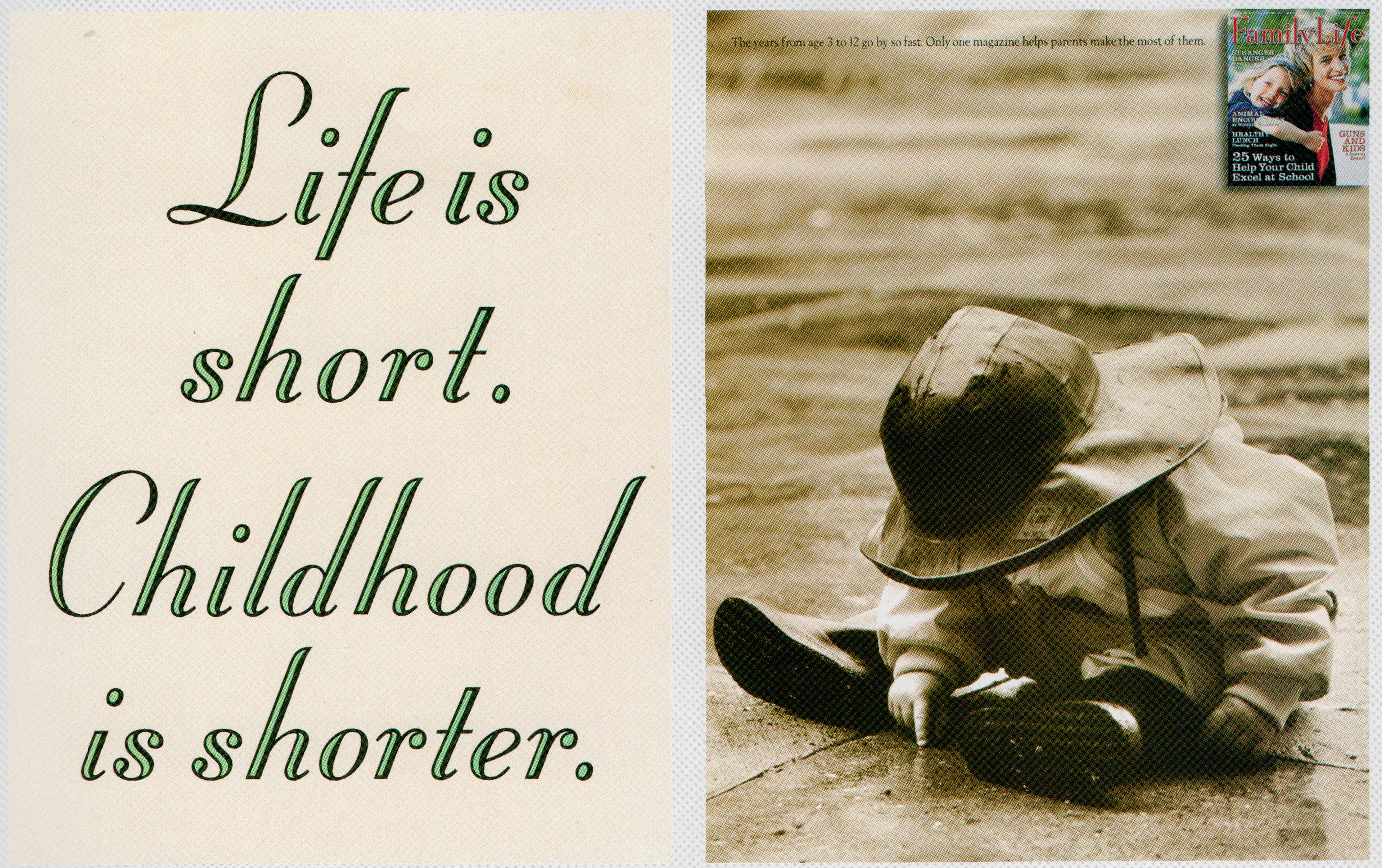
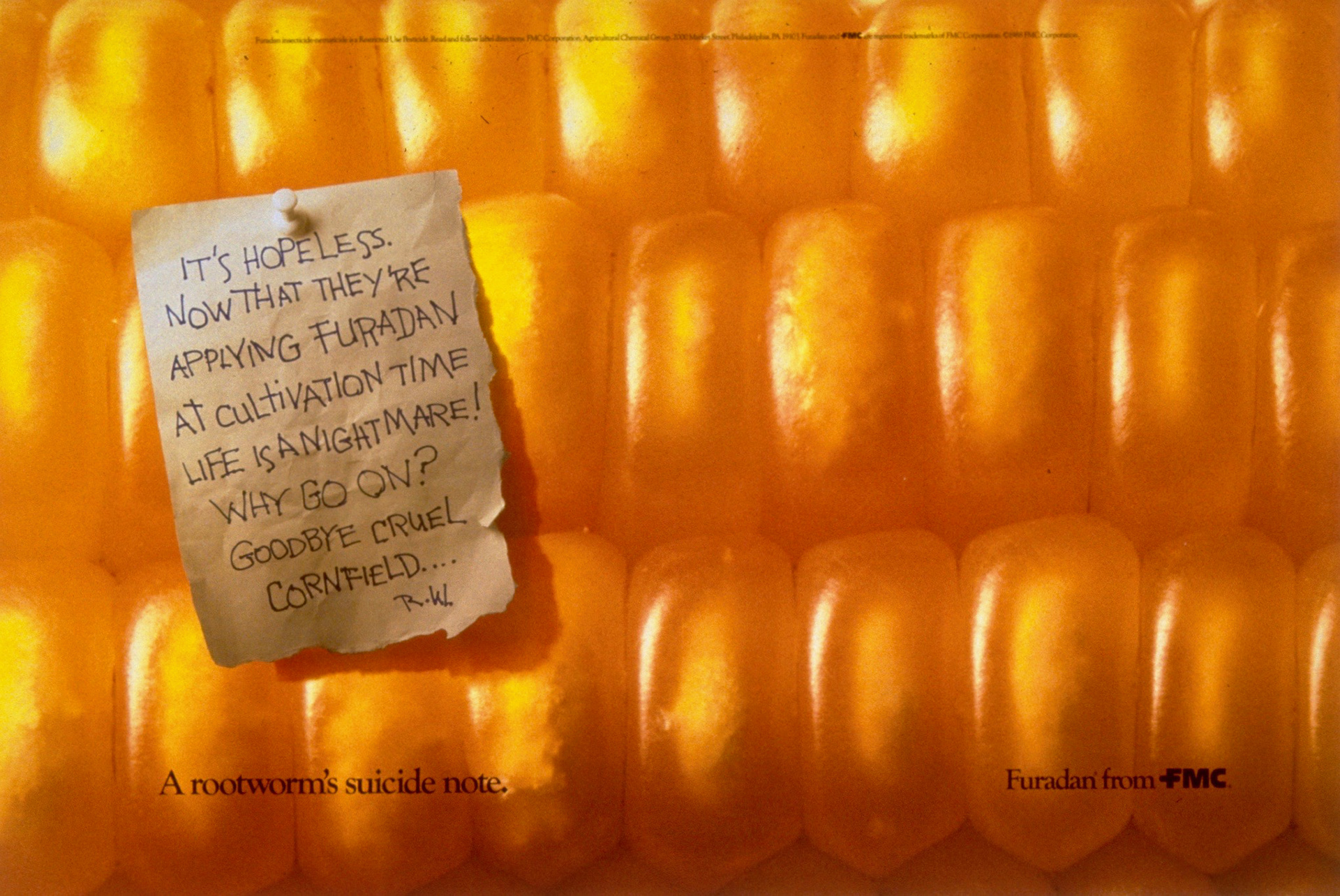
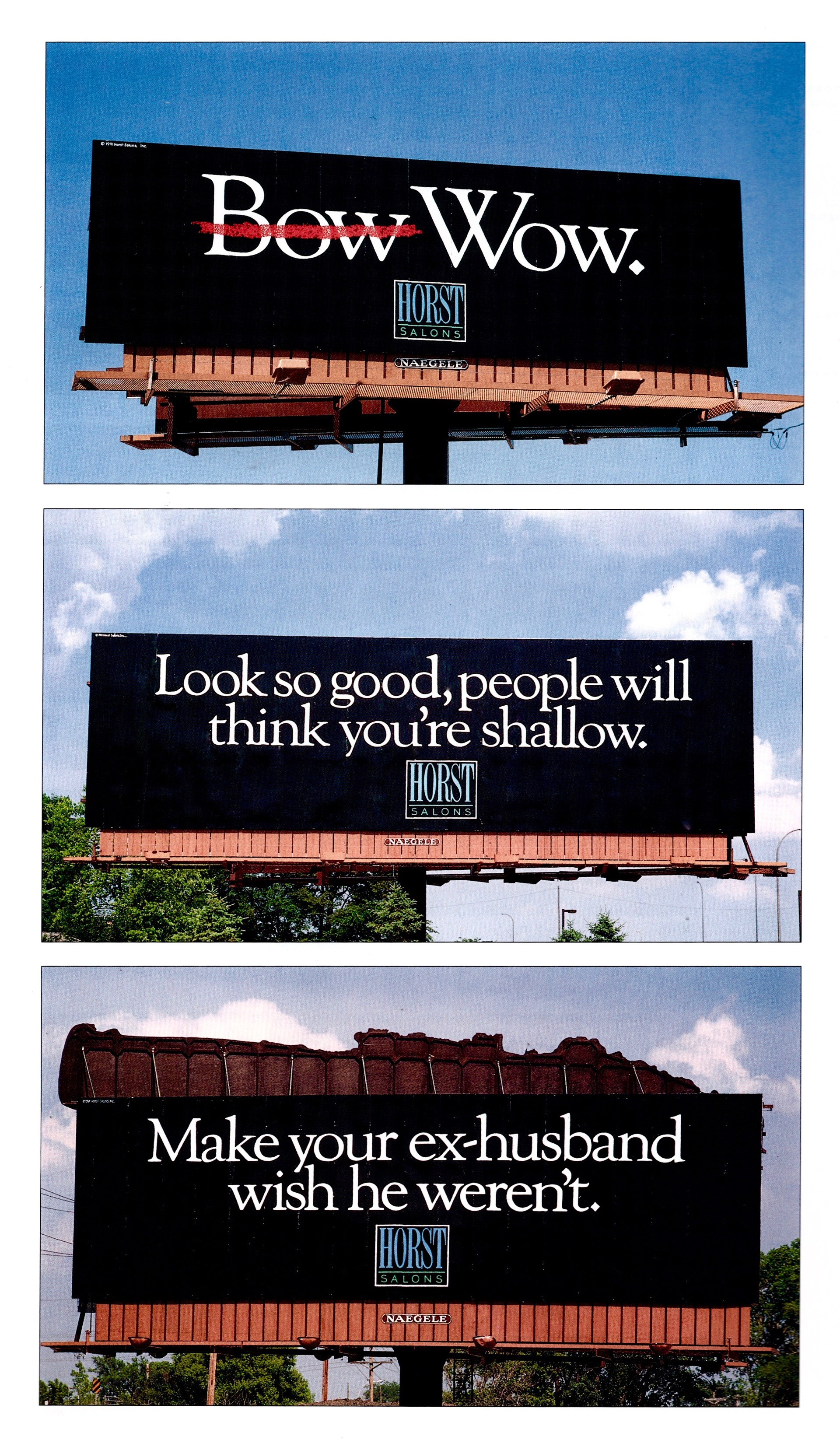
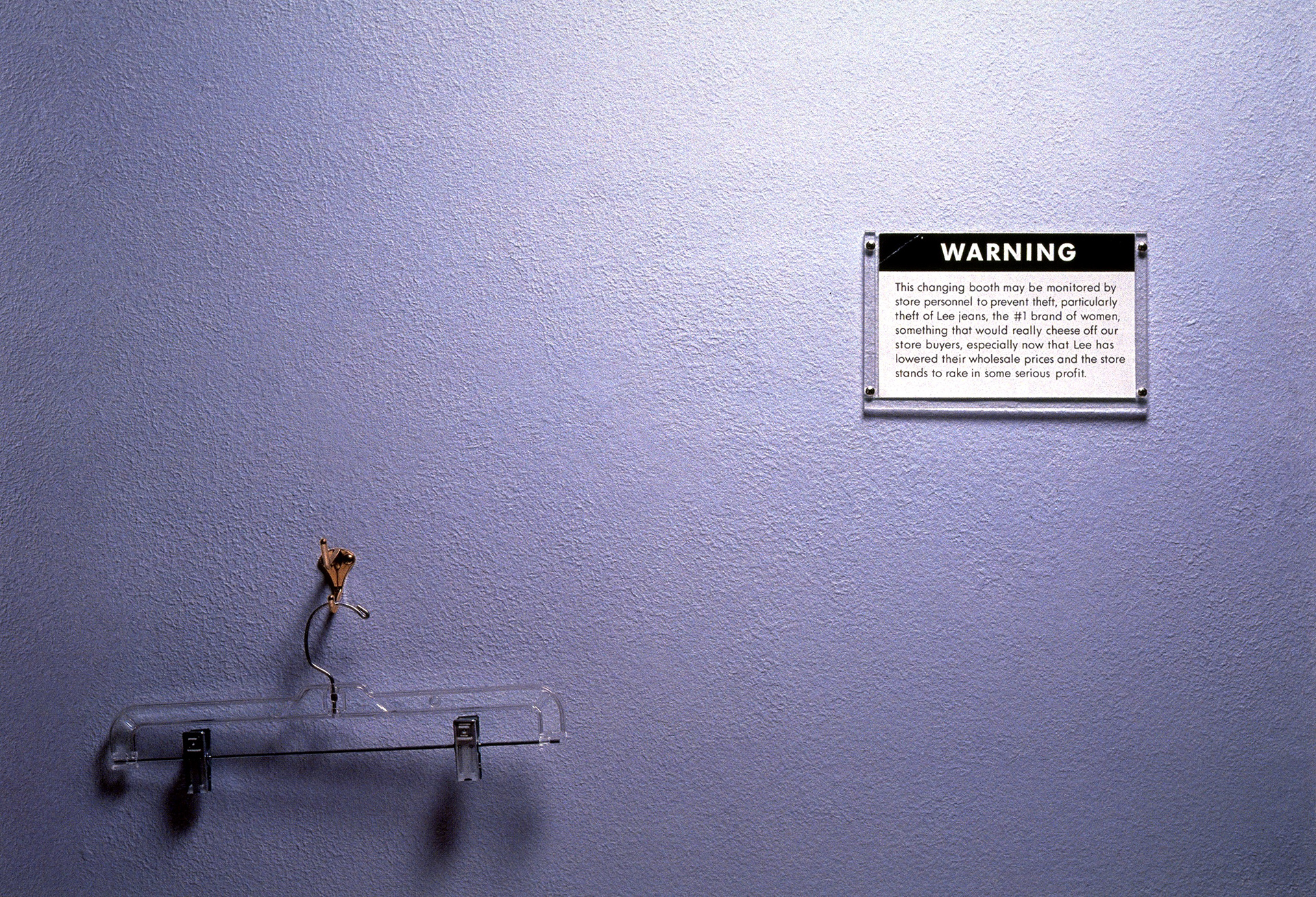
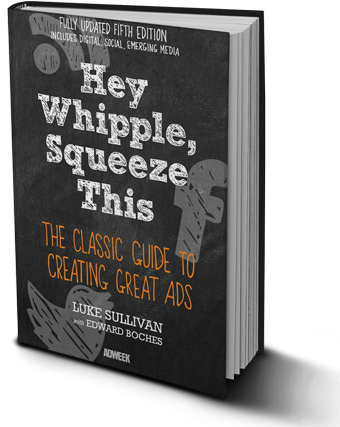
Is ageism in the industry something you thought about in your 30s? Your 40s?
No, it never occurred to me. I was a young buck just trying to make it in the industry. And I was lucky enough to have some great mentors: Ron Anderson and Tom McElligott (neither of whom were past 35 at the time).
Is ageism something that’s affected you? What are some of the challenges you faced as a person who was getting older in the business? Do tell.
I was in the business from 1979 till 2011, just under 33 years. In that time, I moved from being a whiny and restless young creative to (I hope) a more seasoned and multi-dimensional creative who could see past the current job order on his desk to perhaps a bigger picture. I believe I got out of the industry without having to experience any ageism. Being male and white didn’t hurt any either.
Tell us about your own creative journey. What are your thoughts on where you are now, compared to your mindset when you were in the beginning of your career?
I was a copywriter for 17 years. And then suddenly I was the chief creative officer of a $425 million agency. No in between. I had put off assuming any and all management stuff as long as I possibly could. But suddenly I found myself in contact with clients pretty much 75% of my time. It was a steep learning curve. But as long as clients could really see that I had their best interests at heart, there was rarely a problem.
I discovered late in my career that I loved presenting and I loved leading a team. More than anything, I loved leading new business pitches and taking a key role on pitch day. This was always an area I used to avoid as a writer (work made for a new business pitch, even winning ones, rarely gets produced). But I wish I had started building both of those skillsets earlier. New business is one place young people can really stand out. Not as presenters, typically, but on a new biz team, you’re in contact daily with all the top leaders of an agency.
"I was a copywriter for 17 years. And then suddenly I was the chief creative officer of a $425 million agency. No in between. I had put off assuming any and all management stuff as long as I possibly could."
Did the reality of the ad industry contribute to the decisions you made/the path you’ve taken?
No, I got out in 2011. I’d like to say I saw where the industry was headed, but I’m not sure any of us can say with certainty where it is headed. I got on board in ‘79 just as the industry was on a downturn from the Creative Revolution of the ‘60s. The recession of the ‘80s brought fear to the hearts of clients everywhere. The recession also fueled the growth of all the research companies, when they all figured how to start selling fear to clients, in the form of all the creative testing we suffered through in the ‘80s and ‘90s. (“Are you sure you want to run that campaign?”)
What do you feel creative people over 50 can offer over someone 20 years their junior, things that are unappreciated, or just plain overlooked?
Well, my answer seems pat, but the truth is the truth. As a seasoned veteran of the business, I know how to avoid about 800 of the 1000 mistakes a rookie will probably make on any given task. Veterans have a bigger picture than the younger people do. They’re less likely to flip out during the usual shit storm, which in advertising comes along at least once a week. They’re a little better at putting themselves in the customers’ shoes and at seeing things from a nervous client’s perspective.
What you have to watch out for, as a 50-and-over veteran, is complacency. It’s easy to grow very tired in this business. Tired of being beaten up by clients. Tired of the bullshit. Tired of the meetings. It’s just easier to do what the client tells you and be home by dinner time. But once you give in to that, you lose contact with what got you into the business in the first place: curiosity, fun, creativity, play. The good stuff.
"What you have to watch out for, as a 50-and-over veteran, is complacency. It’s easy to grow very tired in this business."
What is your advice to people who are nearing or over 40 in the ad industry?
Age 30, actually, is a better time to start thinking about next steps. Advertising is such a cool industry because it’s a HUB industry. We touch so many other industries. Even as a lowly copywriter or art director, you end up working with so many other kinds of businesses, and I’m not talking just about the brands you work for. You work with directors, photographers, sound designers, musicians. You’ll get a real immersion into the many of the creative industries out there. Down the hallways of your ad career, there’s doors opening on both sides all the time. I’ve watched many of my senior ad colleagues peel off of advertising into rewarding careers. A few turned into directors. Some go client-side. And one (Tom Lichtenheld) became a huge best-selling author of children’s books.
So as your career starts to fill out, keep track of all those connections you make along the way. Those are the doors that may lead you into another cool career.
I’d also advise younger people to stay open to redefining themselves. So, you’re a “copywriter” right now. BFD. You could, I don’t know, maybe start your own line of jewelry, who knows?
"We’re not just creating art. We’re creating art that answers to a commercial purpose."
What are some positive things you’ve experienced as you’ve grown older in the business?
When I was young, I wish I listened more and talked less. I listen more now. I wish I had made myself learn more from all the senior people around me. I wish I’d started developing a thicker skin, a lot earlier than I did; so many dead campaigns bent me way too far out of shape. My students still think I am exaggerating when I say only 5% of all the ideas I ever had were produced, the way I originally imagined them. I wish I’d learned sooner that I am in a business; two businesses actually; the agency that employed me, and the client that employed our agency. We’re not just creating art. We’re creating art that answers to a commercial purpose.
Who do you look to for inspiration?
Reading and movies and TV. Tons of all three, all the time.

